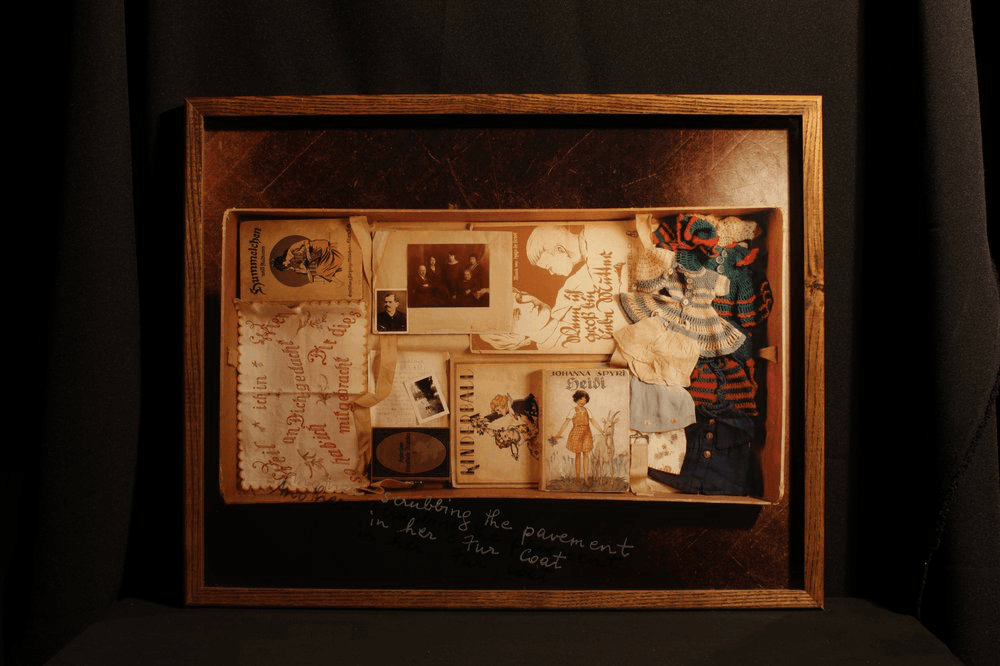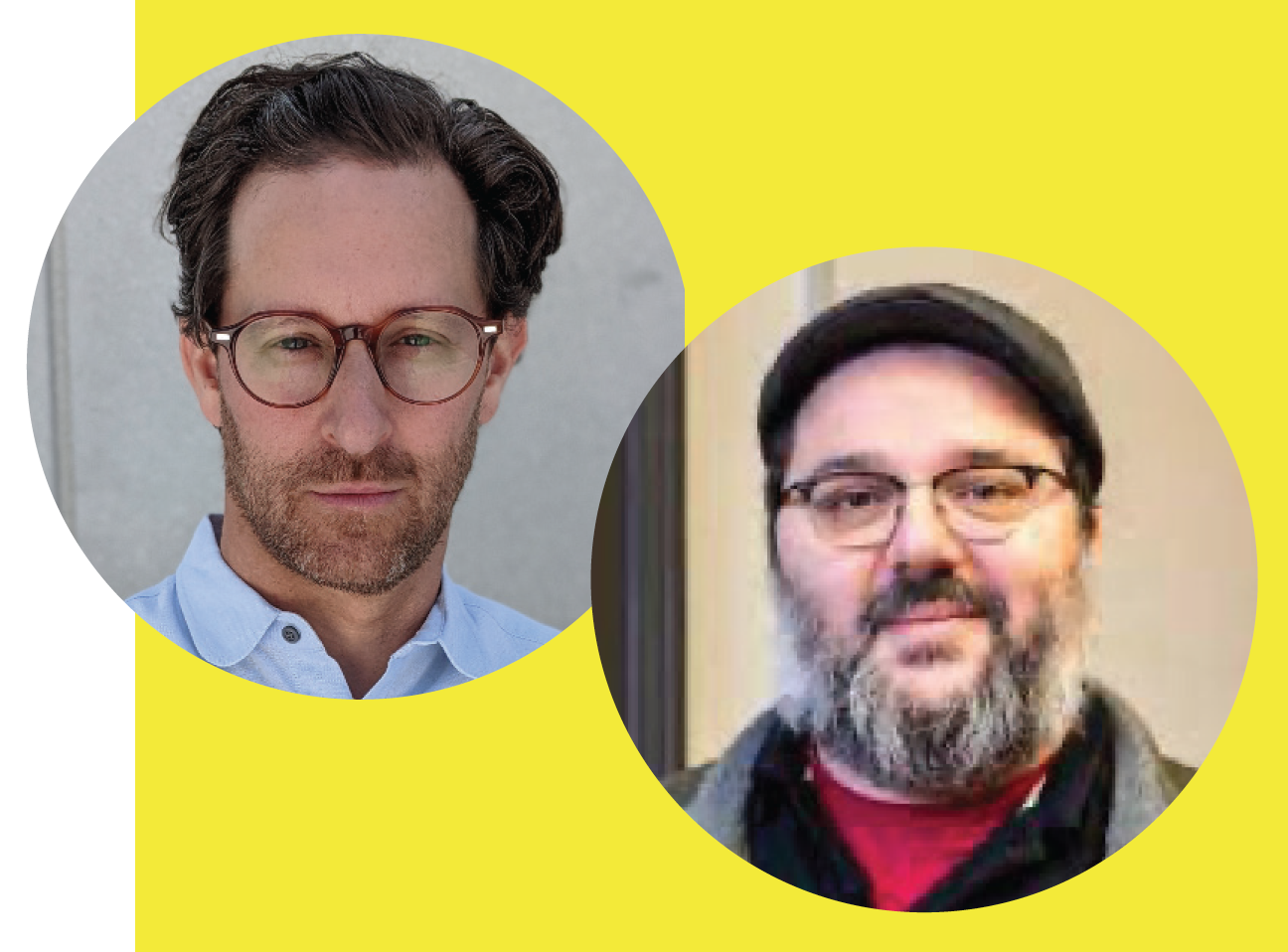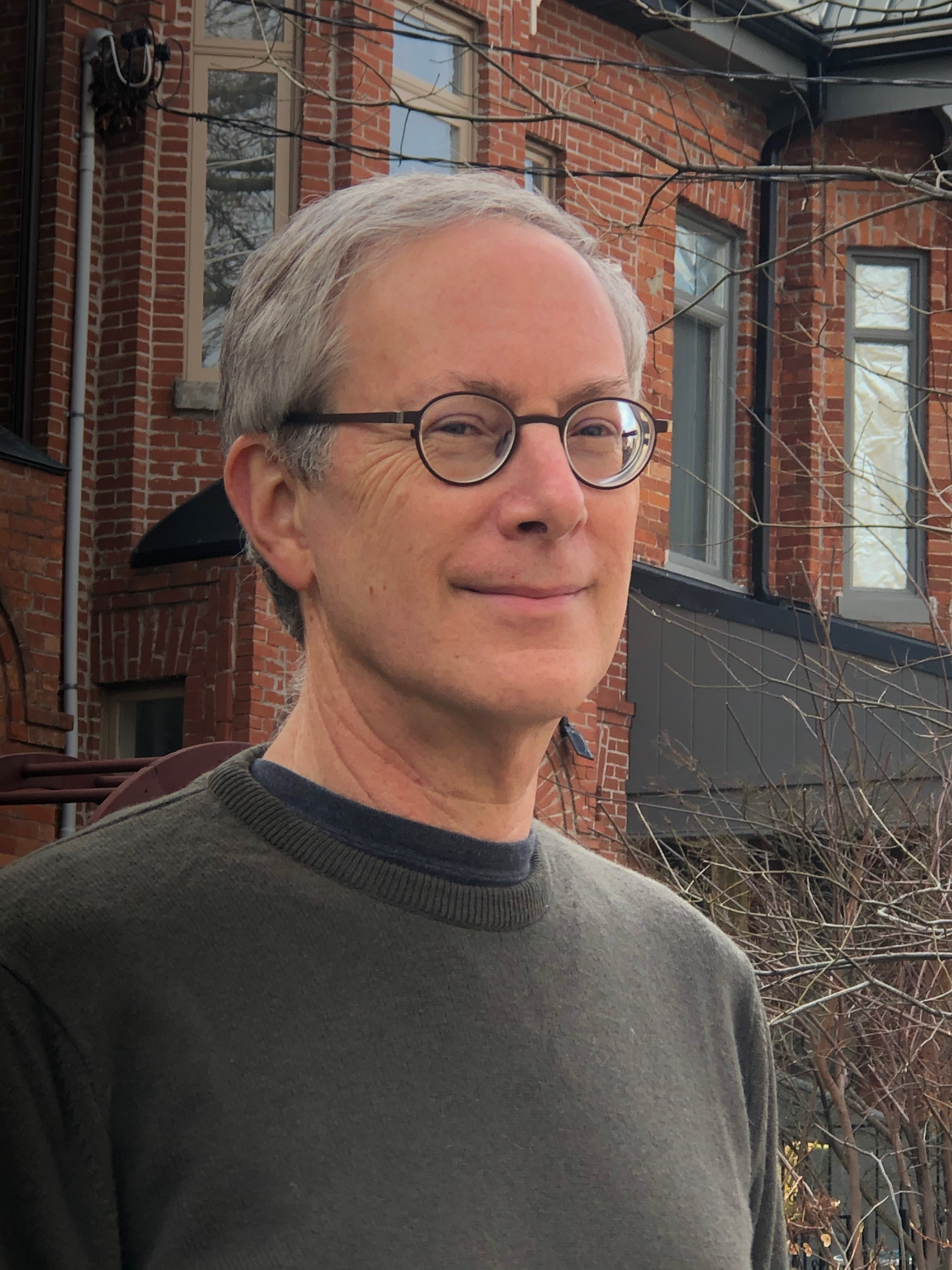Jewish Studies Week Winter 2022

Exhibition: For the Child / Für das Kind – Stories of the Kindertransport
March 1 - 15, 2022
The Wirth Institute for Austrian and Central European Studies is pleased to present a very special exhibition featuring stories of the Kindertransport in collaboration with the Austrian Embassy, the British High Commission and the Centre for Holocaust Education and Scholarship in Ottawa. The photography project Für das Kind /For the Child by curators Rosie Potter and Patricia Ayre presents and revisits the moving and dramatic history of the Kindertransport to Great Britain, which saved the lives of thousands of Jewish children from Germany, Austria and former Czechoslovakia from Nazi persecution. Potter and Ayre asked survivors to share the personal belongings that accompanied them as children on the Kindertransport. Very often these objects represent the last physical contact the children had with their parents. The photographs presented in the exhibition convey the deep emotions and trauma of the separation but also the hope of survival and start of a new future.
Métis and Jews in Canada: A Conversation
Monday, March 7, 2022
This dialogue - between a scholar of Métis life and a scholar of Jewish history – begins by unpacking the strange results of the 2016 Canadian Census, which mistakenly showed that the number of Métis people doubled since the previous census, while the number of Jews in Canada fell by half during the same time. The two scholars will then move to ask questions of one another about the nature of difference, identity, and racialization in Canada using these two groups as case studies, about what Métis Studies and Jewish Studies have to offer one another, and about how the two communities speak both to and past one another.

David S. Koffman is the J. Richard Shiff Chair for the Study of Canadian Jewry in the Department of History at York University. He is the author of The Jews’ Indian: Colonialism, Pluralism, and Belonging in America (Rutgers University Press, 2019), No Better Home? Jews, Canada, and the Sense of Belonging (University of Toronto Press, 2021) and serves as the editor-in-chief of the journal Canadian Jewish Studies / Études juives canadiennes.
Paul L. Gareau is Métis and is an associate professor in the Faculty of Native Studies at the University of Alberta. He is the academic lead for the Indigenous|Canada Massive Open Online Course (MOOC) and the principal investigator for a research project called, The Métis Kinscapes Project. His research focuses on Métis Studies, Métis nationhood/peoplehood relations, and religion and relationality.
Theodor Herzl: A Biography For Our Time
Thursday, March 10, 2022
Annual Tova Yedlin Lecture - Zoom Webinar and Q&A
There are more biographies of Theodor Herzl than of any other political leader in Jewish history. A combination of Herzl's status in Israeli consciousness as the father of political Zionism, his personality and actions, and the time and places of his life – the culturally rich fin de siècle, in western and central Europe's great capitals – have made him into a magnet for biographers. Why did we need another one? Every generation looks at the past in new ways and evaluates leaders in new light. Only now, more than a century after Herzl's death, are we emerging from the cycle of hagiography and deconstruction, myth and counter-myth, that has characterized most of the writing on Herzl's life. In keeping with recent trends in cultural history, which interrogate the relationship between affect and intellect, reflection and action, subjectivity and interaction, I have aspired to write a holistic biography of Herzl – holistic in terms of not only Herzl's persona, but also in terms of how he was perceived by others, and how others' perceptions of Herzl shaped Herzl's own sense of self and agency. All being is social being, and political leadership depends upon, and responds to, its following. These truisms are especially relevant for Herzl, a man possessed of an extraordinarily frail ego and labile selfhood. My biography of Herzl shuns a "great man theory of history" precisely because such an approach does not allow access to the secrets of Herzl's greatness.

Derek Penslar is the William Lee Frost Professor of Jewish History at Harvard University. He previously taught at Indiana University, the University of Toronto, and Oxford University, where he was the inaugural holder of the Stanley Lewis Chair in Modern Israel Studies. Penslar takes a comparative and transnational approach to Jewish history, which he studies within the contexts of modern capitalism, nationalism, and colonialism. Penslar’s books include Shylock’s Children: Economics and Modern Identity in Modern Europe (2001), Israel in History: The Jewish State in Comparative Perspective (2006), The Origins of the State of Israel: A Documentary History (with Eran Kaplan, 2011), Jews and the Military: A History (2013), and Theodor Herzl: The Charismatic Leader (2020). He has just completed a book titled Zionism: An Emotional State and is beginning work on a global history of the 1948 Palestine War. Penslar is President of the American Academy for Jewish Research, a Fellow of the Royal Society of Canada, and an Honorary Fellow of St. Anne’s College, Oxford.